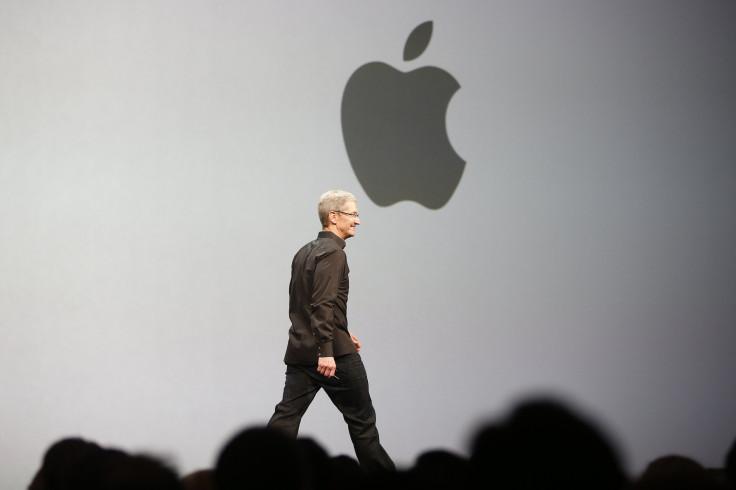Apple WWDC 2014: How OSX 10.10 Yosemite And iOS 8 Continuity Might Mean Big Sales For Apple

The big message from Apple CEO Tim Cook's appearance at the WWDC on Monday wasn't any single feature; it was his company's determination to remove the barriers between desktop and mobile computing.
Apple (NASDAQ:AAPL) is calling it Continuity, and with it, the tech giant has made a huge push to merge its two separate operating systems while still maintaining their individual identities.
Consider how OSX Yosemite (the newest version of Apple’s desktop operating system) and iOS 8 (the newest version of Apple’s mobile operating system) work together. Previously, OSX Mavericks worked alongside iOS 7, but with Continuity, Apple is integrating iOS communication seamlessly.
Take Wi-Fi, for example. When you are outside of a Wi-Fi hotspot, OSX can utilize its connectivity with iOS to set up a personal Wi-Fi network powered by the cellular data from your iPhone, seamlessly.
Or perhaps email is more important to you. An email started in Yosemite can quickly be finished on an iPad or iPhone, or vice versa, by simply swiping into the program.
Are pictures your thing? With iCloud Drive, photos are stored on the cloud and are available across all of your devices, creating yet another way to move seamlessly among them.
Perhaps the best example of Continuity is how the phone application works with Yosemite. No longer will you miss calls while your iPhone charges in another room when you are using your Mac. Instead, OSX Yosemite can be used as a speakerphone via a wireless connection to your iPhone. (It is still unclear whether this feature requires a Wi-Fi network or if the two devices communicate with each other.)
These features could benefit the customer, but the real goal of course is to strengthen the company. Creating an environment that allows users to move fluidly from one device to the next gives consumers an incentive to own more than one Apple device and to stay within the Apple universe.
Apple already has impressive retention numbers. A WDS survey found that 76 percent of iPhone customers say they'll stick with Apple for their next device.
Yosemite and iOS8 seemed terrific -- as demos. But that's not what matters. Apple Maps became a punchline; the iPhone 4 had network problems that forced Apple to issue credits; and the Mavericks -- developed with power limitations in mind -- had battery issues. What matters is, will "continuity" pass the real-world test?
© Copyright IBTimes 2024. All rights reserved.




















